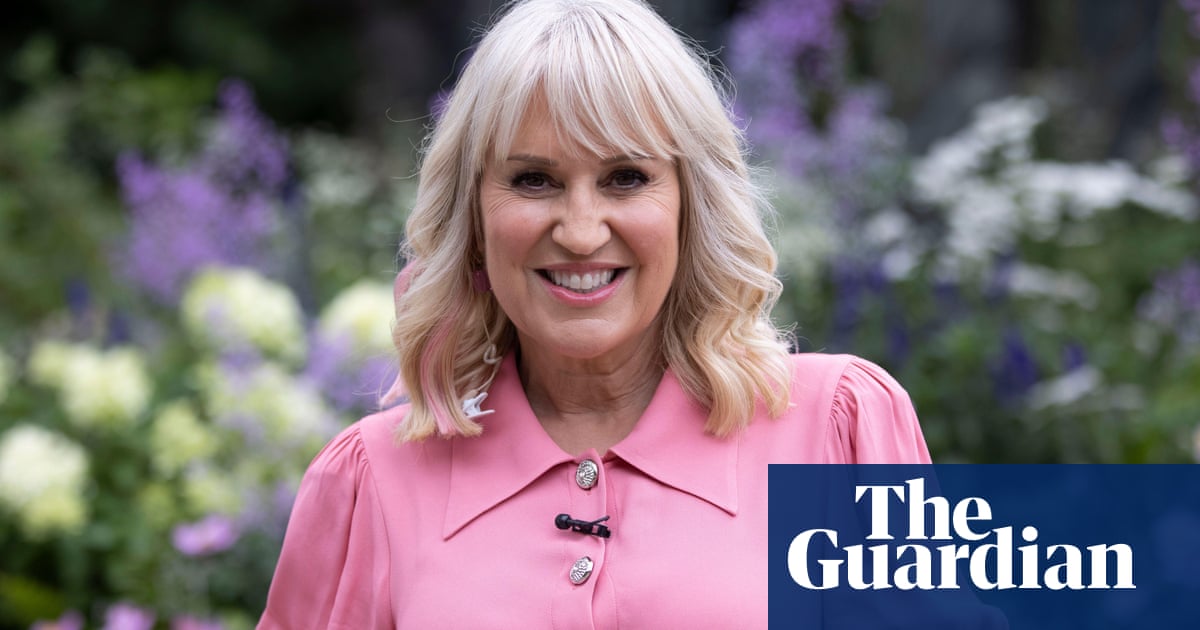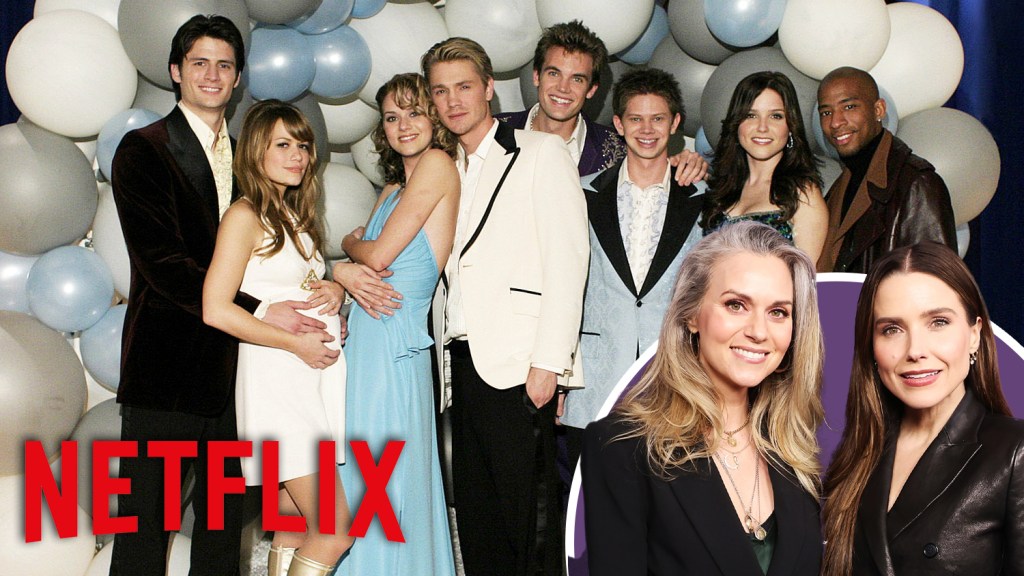Nicki Chapman's Pop Odyssey: Breaking Barriers in a Boy's Club

When Nicki Chapman was a young woman, she dreamt of a career in the music industry. But in the 1980s, the music world was a very different place. It was a boys' club, and as Chapman recounts in her candid memoir, "So Tell Me What You Want", the men in charge were not always welcoming to women.
"You're never going to make it in this world, Nicki," she was told after failing to laugh at a man's sexist joke. Yet, this prediction proved wildly inaccurate. Chapman, a native of Herne Bay, Kent, defied the odds, rising through the ranks of the music industry and making a name for herself in London.
Her journey saw her working alongside some of the biggest names in UK pop, including Take That, Annie Lennox, the Spice Girls, and Amy Winehouse. Later, she found fame as a judge on the groundbreaking TV talent show, "Popstars", and its follow-up, "Pop Idol", where she offered a refreshing dose of compassion and support amongst a panel that often leaned towards pantomime villainy.
The book brims with entertaining anecdotes. There's the story of Bobby Brown disappearing in search of the perfect burger before his "Top of the Pops" performance, the time Chapman got stuck in a lift with Tiffany, the 1980s pop icon, and the hilarious detail of the Spice Girls using Chapman's red gingham bikini to tie up the male lead in their "Say You'll Be There" video.
However, "So Tell Me What You Want" also delves into darker territory. Chapman recounts a disturbing encounter where she was locked in a male colleague's flat after a date went awry. She also reveals that she had to include clauses in her contract to avoid being alone with two unnamed producers, after experiencing inappropriate interactions with them. Her chilling account of being grabbed by the throat and pinned against a wall by a music manager is mentioned almost as an aside, highlighting the casual nature of such behaviour in the industry at the time.
The book's narrative occasionally veers off course. While we receive detailed descriptions of the furnishings in Chapman's new house, there is limited detail about the tumultuous journey of "Popstars" winners, Hear'Say. The book's reliance on the present tense, similar to a diary, can also feel clunky and hinders the flow of the narrative. Key moments are glossed over, and some are viewed with a hindsight that feels disingenuous.
For instance, Chapman's observations about the overworked and young stars like Robbie Williams and Billie Piper and their struggles with mental health, feels jarring, especially considering these conversations have only truly started to take place in recent years.
It is also curious that the narrative ends abruptly, just as Will Young wins "Pop Idol" in 2002. Rather than offering insights into the aftermath â Young and his rival Gareth Gates selling millions of records, Young coming out as gay in a world where homophobia was rife, and "Pop Idol" kickstarting the era of TV talent shows â the story ends, leaving the reader in suspended animation, much like a contestant without a record deal.
Despite these shortcomings, Chapman's journey to success is truly remarkable. Her tenacity shines through, particularly in the early chapters, as she navigates a sea of male entitlement. A memorable passage depicts Chapman overhearing her boss blaming her for a mistake she didn't make. Instead of accepting the blame, she boldly tells him to "fuck off". And the man who initially told Chapman she would never make it in the industry? He later contacted her asking for a job at the PR company she co-owns. "Did I employ him?" she writes. "Did I hell!"
"So Tell Me What You Want" is a compelling read that offers a glimpse into the world of pop music from a woman who dared to break through the glass ceiling. While the book has its flaws, Chapman's story is a testament to her strength and determination in an industry that often favoured men.





